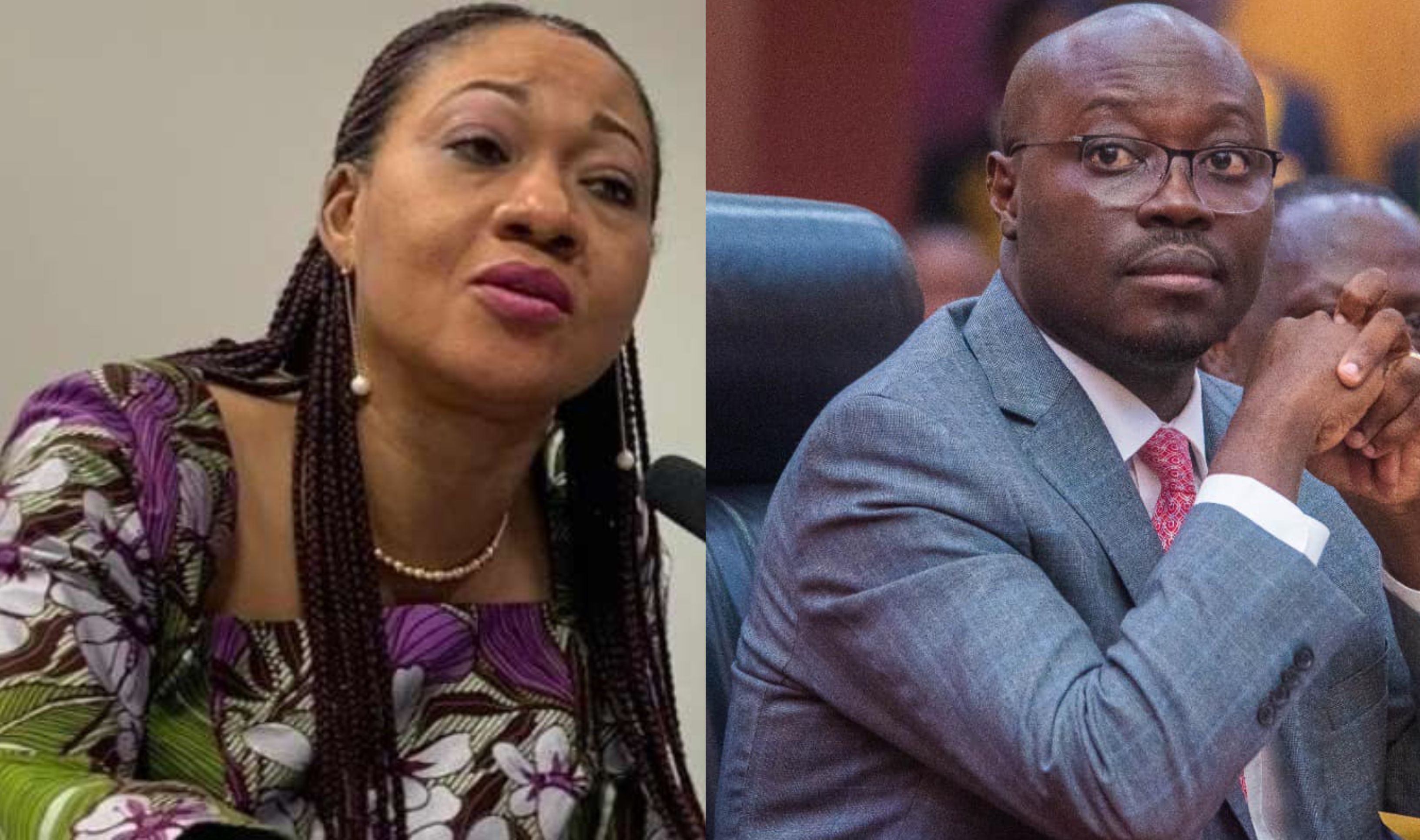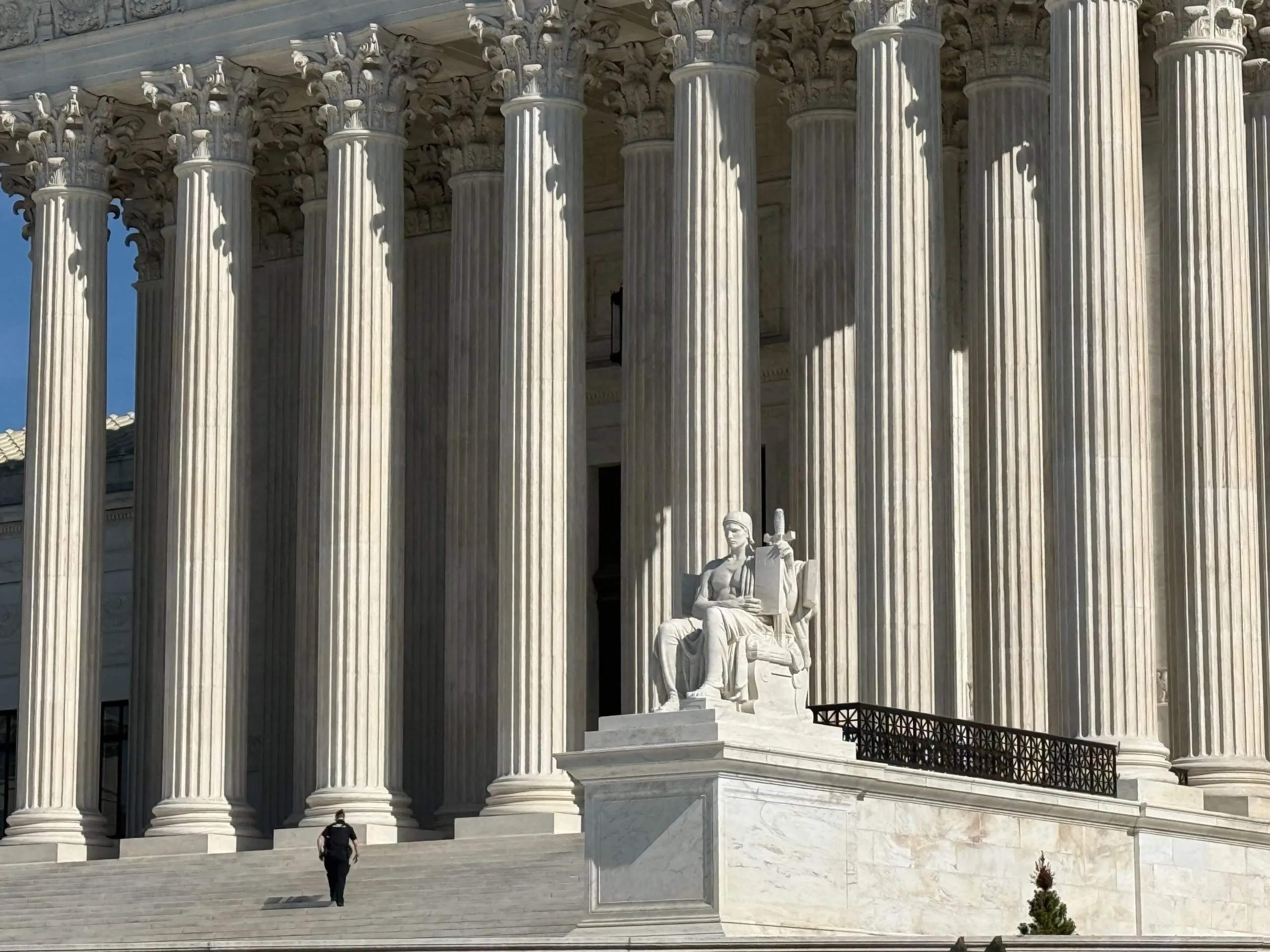IOF Tax Hike Under Review: Lula Weighs Options as Brazil's Finance Minister Confirms Discussions

Rio de Janeiro, Brazil – Brazil's Finance Minister, Fernando Haddad, has confirmed that President Luiz Inácio Lula da Silva is actively considering a potential increase in the IOF (Tax on Financial Operations) tax. The announcement, made to O Globo, sheds light on the ongoing deliberations surrounding Brazil’s fiscal policy and its impact on financial markets.
Haddad stated that the topic of raising the IOF tax was “debated at the president’s table,” indicating Lula’s direct involvement in the decision-making process. He explained that the president routinely convenes meetings with ministers deemed “pertinent” to address critical economic matters. This suggests a collaborative approach to policy formulation, ensuring diverse perspectives are considered.
The IOF tax is a federal levy applied to a wide range of financial transactions, including credit card purchases, bank transfers, and stock market trades. Historically, it has been used as a tool to control inflation and raise government revenue. However, an increase in the IOF tax could have several consequences, potentially impacting consumer spending, investment activity, and overall economic growth.
Potential Impacts and Concerns
Economists have expressed mixed views on the potential impact of an IOF tax hike. Some argue that it could help curb speculative investments and rein in inflation, particularly in a volatile global economic environment. However, others warn that it could disproportionately affect lower-income households who rely heavily on credit cards and other financial services.
Furthermore, an increased IOF tax could dampen investor confidence and discourage foreign investment, potentially hindering Brazil’s economic recovery. The timing of such a decision is particularly sensitive, given the ongoing efforts to attract foreign capital and stimulate economic activity.
Lula's Fiscal Strategy
President Lula’s administration has prioritized social programs and infrastructure investment, leading to a need for increased government revenue. Raising the IOF tax is one potential avenue for achieving these goals, but it must be carefully weighed against the potential economic downsides. The government is under pressure to balance fiscal responsibility with the need to support vulnerable populations and promote sustainable economic growth.
Haddad's statement underscores the complexity of the current economic landscape and the challenges facing the Lula administration. The decision on whether to raise the IOF tax will likely be influenced by a range of factors, including inflation data, market sentiment, and political considerations.
The discussions surrounding the IOF tax are part of a broader review of Brazil’s tax system, with the government exploring various options to improve efficiency and fairness. Any changes to the IOF tax would be subject to parliamentary approval and would likely be implemented in a phased manner to minimize disruption to the economy.
What's Next?
The market will be closely watching for further developments regarding the IOF tax. Expect continued dialogue between the government, economists, and business leaders as the administration seeks to navigate the complexities of Brazil’s economic future. Further clarification on the scope and timing of any potential changes is anticipated in the coming weeks.






